The Power of Community in Recovery
In a poignant video about the state of today’s social crisis, Johann Hari laments, “Every instinct that we evolved as human beings is to be part of tribes; of communities. Bees need a hive, humans need a tribe.” However he goes on to add, “We’ve been told this story that we should think of ourselves not like that… but as individual, economic rationalizers. The reality is that mentality has produced a society considered lonelier than any previous human society. We are the first human beings who have ever tried to disband our tribes and live alone”.
For those suffering from addiction, being isolated can make it almost impossible to recover, and yet this is how we so often treat addicted members of our society: with shame, punishment, and barrier after barrier to reintegration.
A Supportive Network
When communities band together to solve a problem, they create a supportive network that works to aid each person involved. Recovery can be extremely challenging without such a support network, without a place to belong, or without others to help lift you up.
At Peace Club, we are actively working towards creating a community for our clients where they can find solidarity in their struggles, and connection in their shared humanity. We believe in treatment that provides the space for the hard work of vulnerability and compassion to exist. We are convinced this is the context where true growth takes place.
We understand that connection to community plays a significant role in recovery, which is why we are focused on relationship-building treatment and encourage our clients to find community within our programs and beyond our programs.
Community Resources
Being in a community not only creates a network to fall back on, but it also provides an array of resources. There are many centers, groups, agencies, and organizations that provide help to those in recovery, allowing them to get back on their feet and start making progress in their life. These establishments play an important role as they bolster the new, healthier lifestyles that those in recovery are seeking. When the community works together to support one another, individuals are given chances and resources that they would not have had normally.
Peace Club is dedicated to providing therapy and resources that foster a healthy, drug-free lifestyle for both individuals in recovery and the communities to which they belong. All those who walk through our doors are invited to join in on the movement towards healing and recovery, and to remain connected with one another, even as they return to their homes and communities. A few nationally based resources worth sharing are the many anonymous peer support groups such as, Alcoholics Anonymous, Narcotics Anonymous, Nar-Anon (a community where family members struggling to help their loved ones can find support and direction). And here are a few more Mental Health or Substance Misuse based advocacy and supportive communities, both local in Central Florida and/or nationally based- NAMI, and To Write Love on Her Arms, and Brevard Prevention Coalition.
Stronger Together
Perhaps nothing can combat the opioid crisis in today’s world more than learning to be there for others in our lives, by showing up, by banding together, and refusing to participate in the values of a highly individualistic society that separates us from one another.
Even the simple act of taking the time to talk to a friend when they are upset can brighten their day and help them add one more meaningful moment to their pursuit of recovery. Each person’s recovery is unique, but we know it is through support and empathy rather than shame and punishment that they can find the courage and strength to pursue positive change in their life.
At Peace Club, we understand firsthand that being a part of a community is essential to one’s recovery and we remain very active in our approach to counteract the societal messaging that tries to convince us otherwise.
We want to hear from you! How are you pursuing community in your daily life? How are you teaching your children the importance of connection, and how are you showing up for those in your life who need you the most?


